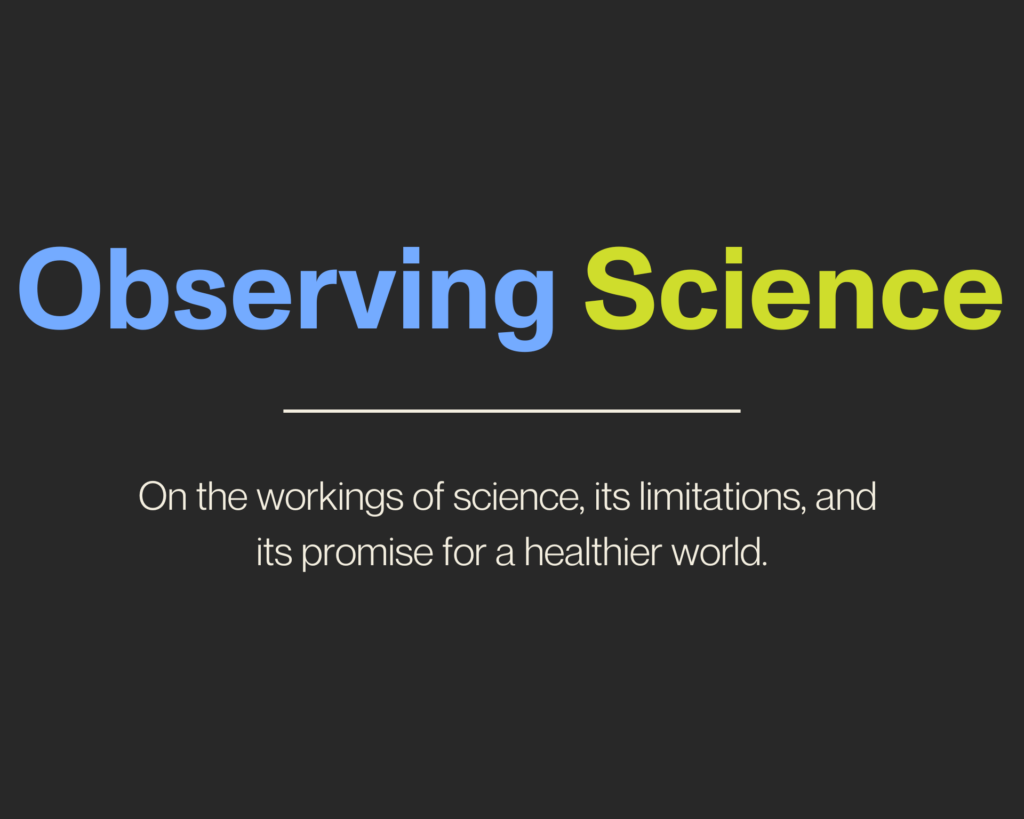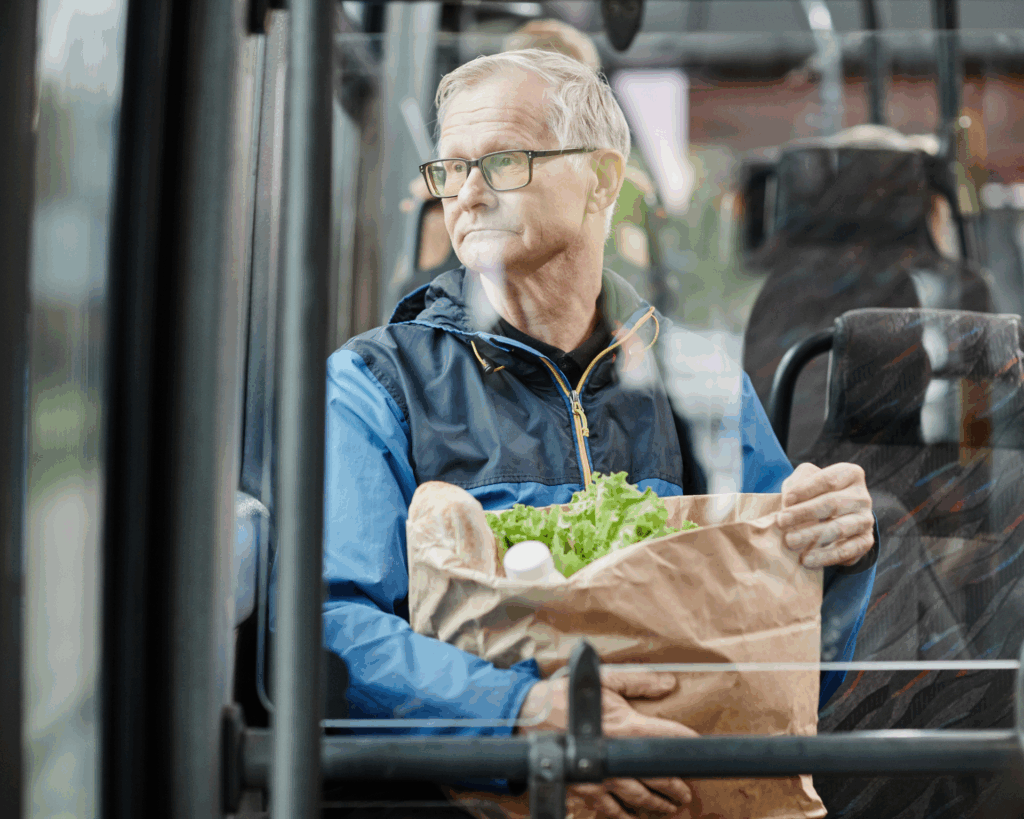Rumors Fuel SNAP/WIC Participation Gap
Potential SNAP and WIC program participants who heard rumors about payback obligation, military conscription, college aid ineligibility, child removal, and non-citizen family member penalties were less likely to receive benefits, impacting the family's food security.

Read Time: 4 minutes
Published:
During the Covid-19 pandemic, disparities in food security have been exacerbated, with Latinx households twice as likely as non-Hispanic White households to report insufficient access to adequate food for an active and healthy life.
The impacts of food insecurity on childhood wellbeing include nutrition, health, development, and psychosocial problems. Receiving Supplemental Nutrition Assistance Program (SNAP) benefits can potentially help ameliorate these impacts by enabling families access to a more steady supply of food for their children. However, many immigrant households with eligible children do not participate in food access programs. This participation gap is a potential missed opportunity to protect and improve child health.
Immigrants without authorized immigration status (“without status”) are ineligible for SNAP; however, their US-born children are eligible if the household meets other criteria, such as low income. Furthermore, pregnant, postpartum, and breastfeeding women and children up to age five can access the Special Supplemental Nutrition Program for Women, Infants, and Children (WIC) regardless of immigration status.
My colleagues and I recently published a study examining barriers to SNAP and WIC participation among Latinx immigrant families who attended a Latinx community-serving organization in New York City in 2016. Among households with at least one SNAP-eligible child, 49% had no child enrolled. Enrollment in WIC was higher, but many eligible mothers (23%) and children (21%) were not receiving the benefit.
We found that hearing rumors about negative repercussions of enrollment in SNAP and WIC was a major reason for non-participation. These rumors included those about payback obligation, military conscription, college aid ineligibility, child removal, and non-citizen family member penalties. Most (82%) of the total sample had heard at least one such rumor, and the effect was cumulative, with participants 27% less likely to enroll an eligible child for each rumor heard.
Parents who heard rumors that a family member without status could be reported to the government because they applied for SNAP/WIC were 85% less likely to apply on behalf of an eligible child.
Parents who heard rumors that a family member without status could be reported to the government because they applied for SNAP/WIC were 85% less likely to apply on behalf of an eligible child. Parents who heard rumors about conscription, deportation and, non-citizen family member penalties were also less likely to apply. Other reasons for not applying included not having financial documentation and not knowing about the programs, how to apply, whether they would help, or where to apply.
Our study was conducted in 2016 when anti-immigrant political rhetoric and threats to ramp up deportations were being amplified by the Trump campaign. In 2018, the Trump administration announced a “Final Rule” specifying that receipt of non-cash government benefits, such as SNAP, would negatively affect immigrants’ and sponsored family members’ applications to adjust their immigration status. Although SNAP was later removed from the Final Rule, and the rule was vacated entirely in late 2020, chilling effects on immigrant families’ use of public benefits have been widespread, affecting even some naturalized citizens’ willingness to apply.
It is likely that negative rumors about SNAP and WIC participation gained greater credibility in immigrant communities during the Trump era, potentially further widening the benefits enrollment gap for the children of immigrants over the past five years.
Demand for nutritional benefits has increased throughout the US population since the beginning of the Covid-19 pandemic. And non-citizen and mixed-status Hispanic families have reported high levels of food insecurity (41.8%, according to an Urban Institute report). Given this, interventions are urgently needed to decrease the SNAP/WIC participation gap. Culturally and linguistically tailored outreach should inform these families of SNAP/WIC eligibility criteria and how to apply, dispel erroneous rumors about participation, and reassure families that there are no penalties for applying.
Photo via Getty Images



